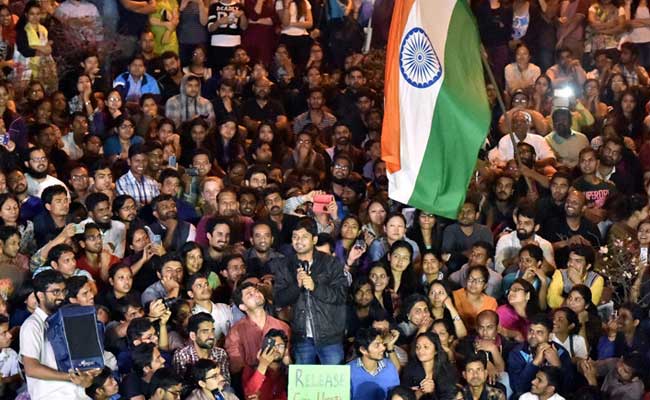
The main opposition Congress party pledged on Tuesday to scrap an 1870 sedition law if it wins the general election that starts next week, drawing a sharp rebuke from the BJP which accused it of try to "protect Jihadis and Maoists". Activists have alleged that the archaic law, introduced by the British, has been often used to stifle dissent and target political opponents of the ruling party.
The Congress, facing a tough challenge in the BJP and Prime Minister Narendra Modi, despite winning three state elections late last year amid farm distress and a jobs shortage, also promised to expand a rural employment guarantee programme and reward businesses for creating jobs.
It has accused the government of trying to suppress dissent with the sedition law, used on students and social activists, and said it would scrap the colonial-era sedition law that it said has been "misused and, in any event, become redundant".
The party also vowed to amend a law on special powers for the armed forces battling terrorism in Jammu and Kashmir to balance security needs and protection of human rights, which the BJP criticised as a move to strip troops of immunity in a war zone.

Kanhaiya Kumar (centre) was charged with sedition.
"The Congress does not deserve even a single vote for promises like doing away with sedition law," Finance Minister Arun Jaitley said, reacting to the promises.
But activists and international advocacy groups like Human Rights Watch and Amnesty International have often criticised the law, saying that the Indian government has routinely used outdated and loosely-worded rules to crack down on dissent.
In 2016, a nationwide debate on free speech was sparked by the arrest of then student leader Kanhaiya Kumar who was charged with sedition after a controversial event on the campus of Delhi's premier Jawaharlal Nehru University (JNU) where "anti-India" slogans were allegedly raised by participants. Mr Kumar, who is contesting the Lok Sabha elections from Bihar, has denied the charges and the case is currently in court.
"India's abusive laws are the hallmark of a repressive society, not a vibrant democracy," Human Rights Watch had said in a statement months after the charges were brought.
Track Latest News Live on NDTV.com and get news updates from India and around the world

